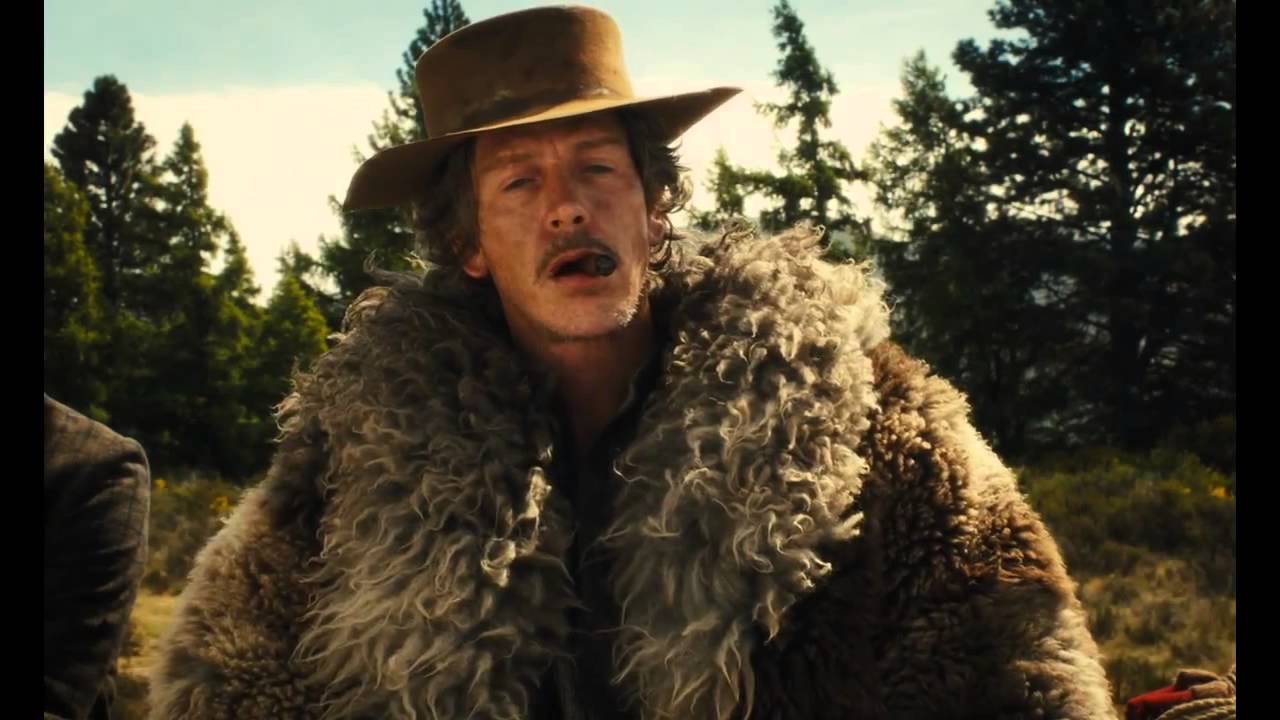An unexpected offering from the UK and New Zealand, this sparse and simple western has a steady pace and a surreal tone. Slow West, the feature debut of John Maclean, won the jury prize at Sundance this year and following the director’s 2009 short film Man on a Motorcycle, it marks his second collaboration with arguably the most exciting British actor of his generation, Michael Fassbender.
Echoes of ‘Far and Away’
With Fassbender’s languid voice oversetting the tone, we’re told the backstory of one Jay Cavendish (Smit-McPhee), a wee Scots lad who has followed the love of his life out west to the new world. Later, through a series of flashbacks we learn of his infatuation with Rosie Ross, a lovely local lass, but too lowly to be mixing with the likes of young Lord Cavendish. After a confrontation between their respective parents, Rosie and her father are forced to flee Scotland.
Jay has followed them all the way to America, and his only problem now is staying alive long enough to find her. That’s where Silas Selleck (Fassbender) comes in. The hard-assed Irishman, for a price, offers to take the boy under his wing and escort him safely to Rosie. Jay accepts – however, when it emerges that Rosie and her father have a 2,000 dollar bounty on their heads, it becomes clear that Silas’s motives are not entirely altruistic.
With Silas repeatedly referring to Jay as ‘Kid’, the central relationship between the two has more than a sprinkling of Han Solo and Luke Skywalker about it: the naive youngster out of his depth and needing a ride from a seasoned scoundrel to, you know, reach the princess. The pair’s repartee is frequently enjoyable, despite our ability to hear the cogs turning on these familiar mechanics.
Defying its budget
The film is one of sparseness, due in part to budgetary restrictions, which the viewer may become aware of, but it never really hinders the overall impression.
There’s very little by the way of interiors, with the director instead preferring lushly photographed landscapes that feature only a few actors. But when good interiors and casting is called for, they are well-chosen, minimalist and arranged for maximum effect.
What few costumes and props there are, they’re authentic and inventive – which is at times more than can be said for the scant dialogue.
While Jay and Silas’ repartee is mostly winning, other dialogue is stiff and unnaturally staid. After meeting another lonely European, Jay exchanges his knowledge of current affairs with the man. The man asks: “So East, what news?” – “Violence and suffering!” comes the answer. “And the West?” – “Dreams and toil”. You get the idea. It’s like a poets’ convention and Deadwood never happened.
Memorable final act
But what the film lacks in structural complexity, it doesn’t want for in visual and dramatic ideas. The final act of the film begins with a memorable attack from American natives, both bloody and comic.
For a western, the film is refreshingly low on gunslinging, also exhibiting a preoccupation with the Native Americans’ plight, albeit only for thematic and contextual purposes. The climax is both surreal and surprising – if you enjoyed John Hillcoat and Nick Cave’s The Proposition, then you should seek this out too.













